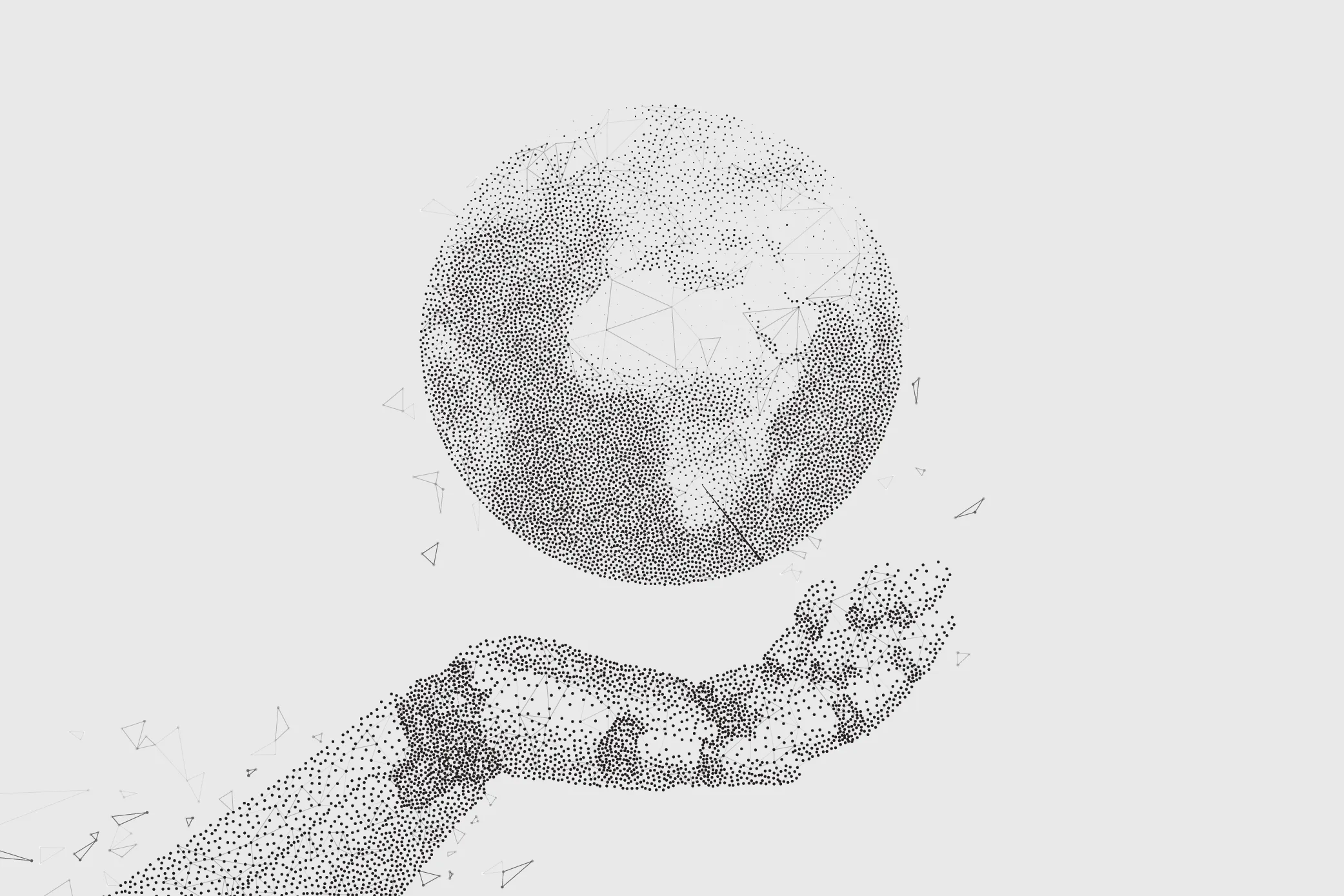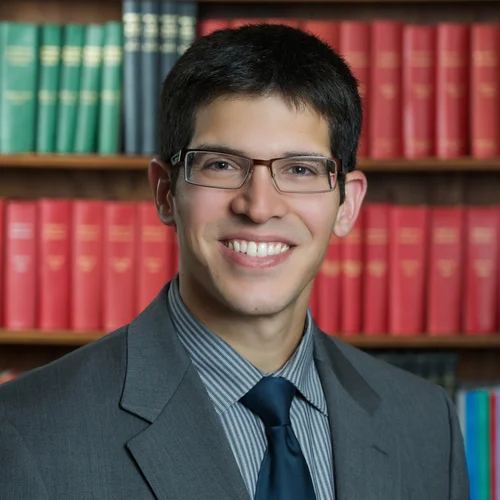
Navigating the AI Revolution in Bioethics: Human Rights and Being Human

Date
Time
Location
- Heritage Hall
Speakers
Speaker
-
 John Di CamilloPresident, The National Catholic Bioethics Center (NCBC)
John Di CamilloPresident, The National Catholic Bioethics Center (NCBC)John A. Di Camillo, PhD, BeL, is the president of The National Catholic Bioethics Center (NCBC). He joined the NCBC as a staff ethicist in 2011, became its personal consultations director in 2022, and assumed the role of president on January 1, 2025. His wide-ranging experience includes fielding thousands of personal ethics consultations, working with hospital ethics committees, assessing the Catholic identity and ethical integrity of health care organizations, reviewing health benefit plans for alignment with Catholic moral teaching, and developing ethical recommendations for bishops and various organs of the Church.
About the Event
Join the Center for Law and the Human Person for a special bioethics lecture with John Di Camillo, President of the National Catholic Bioethics Center, titled “Navigating the AI Revolution in Bioethics: Human Rights and Being Human.”
Depersonalization is the deepest threat to human rights. It entails de-classifying some human beings and denying their inalienable dignity, which is the foundation of human rights, or treating human beings as just so much useful biological material — so long as a sufficiently good outcome can be accomplished. The artificial intelligence (AI) revolution takes this depersonalization to new levels, raising profound questions about what it means to be human and how we understand intelligence and free will. How do we defend and promote human rights in the churning anthropological and cultural waves intensified by AI?
Sound bioethics defends the rights and dignity of human beings only through a clearsighted grasp of who the human person is. AI can be a powerful aid for health, knowledge, and even life, but it comes with grave risks of deceiving, eliminating, reducing, or replacing human persons, their uniqueness, and the relationships and communities they need to flourish.
In the 21st-century AI revolution, respecting human rights demands reclaiming what it means to be human. As a field, bioethics must unite truth-seeking, sound reasoning, and solid anthropology with personal encounter, respect for human dignity, and respect for conscience. Wisdom, charity, human relationships, and the pursuit of the common good in all its fullness are indispensable features of being and acting human, beyond the reach of AI. Will grappling with this AI revolution help us to understand and live out our humanity more fully than before?
This event is free and open to the public.
A reception with refreshments will follow.
This event will be co-sponsored by IHE.

